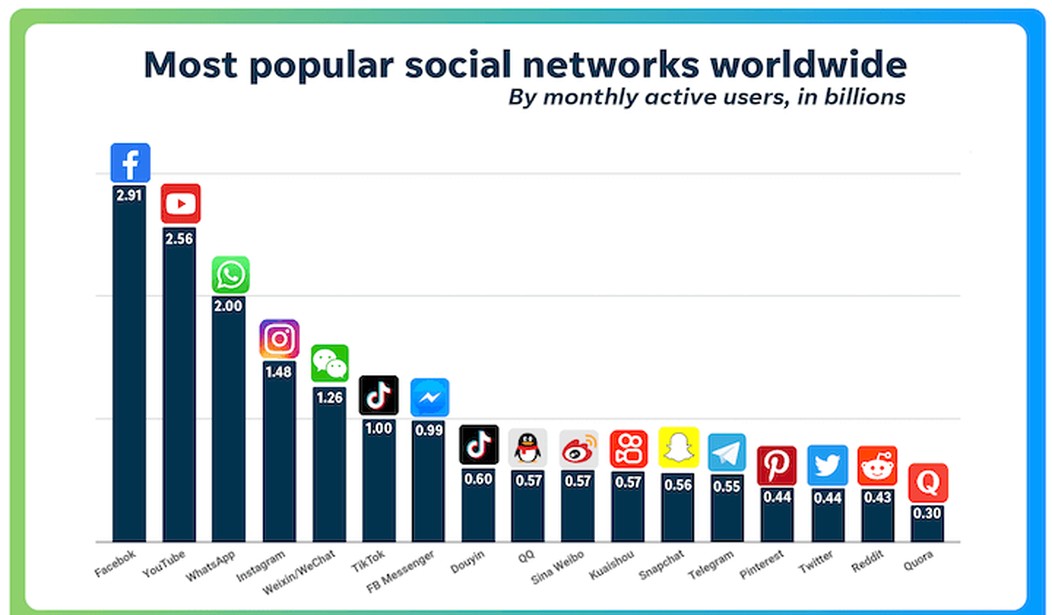Just so we’re clear: Legislating at any level of government is a briar patch of competing philosophies, interests and desires.
Also, there’s this: Sometimes, even those legislators we imagine are guided by unwavering pole stars will adopt, support and promote policies that are inalterably in opposition to their previous bedrock position.
Even acknowledging this complex and enduring verity that’s built into legislative sausage-making, the ability to square what the overwhelmingly Republican Florida Legislature achieved last year (universal school choice) with what it’s determined to do now (deny most social media access to children younger than 16) borders on impossible.
Nonetheless, that’s where we are. Less than a year ago, legislators boldly invested billions in the wisdom of parents to decide which school suits their youngsters best. Talk about demonstrating faith in responsible parenting.
Eleven months later, those same presumably no-less-wise parents (who will see an increase in voucher allotments) were thwacked by philosophical whiplash out of Tallahassee. Thursday, Florida’s Legislature declared its constituent parents may be sufficiently prudent to select K-12 for their offspring, but they are incompetent when the subject turns to policing their kids’ exposure to social media.
By a near 2-to-1 margin in the Senate and more than 15-to-1 in the House (meaning lots of Democrats came aboard), lawmakers passed a bill that insults parents while doing other, well, essentially scandalous stuff.
Florida’s Republican-led Legislature passed a sweeping bill Thursday in Tallahassee that would ban all kids under 16 from using social media — even with a parent’s permission — and would require everyone else in the Sunshine State to prove they are adults to continue using their online accounts.
Say what?
Yep. It’s on X, so it must be true.
Florida lawmakers pass ban on social media for kids under 16 despite constitutional concerns https://t.co/oaUwsrenoC
— The Washington Times (@WashTimes) February 23, 2024
The bill, a supreme priority for second-year (and last, because of term limits) House Speaker Paul Renner, a Palm Coast Republican who regards much of social media — the parts that titillate young folks — as digital fentanyl. And that, he told reporters Thursday, is why there’s no provision for parental involvement.
“If you believe … these addictive features … are vials of poison really on the table, you don’t let a parent consent to having that kind of harm on their child,” House Speaker Paul Renner, a Palm Coast Republican who has made the legislation a priority, told reporters Thursday. “Because of that, having parental opt-in presents, I believe, a poison pill itself to the constitutionality of the bill. That’s just not a place we can go.”
The House’s quick move may have caught Gov. Ron DeSantis by surprise. His public remarks indicated his staff and lawmakers were still working to meet his concerns: “I don’t think it’s there yet,” DeSantis said to reporters during a football-spiking stop at Lake Buena Vista (home to Walt Disney World).
"I think it’s harmful for them to be on some of those platforms that have certain functionality that is addictive, I agree with that,” DeSantis said. “But I also believe that parents need to have a role in this.”
The governor strikes us as the most consistent in this area. A year ago, Sunshine State lawmakers grabbed the lead in the surging school-choice movement, lavishing praise on parents for having a superior grasp over all other stakeholders of what’s best for their kids. DeSantis still believes that.
Lawmakers, well, not so much.
We won’t deny the truth of Speaker Renner’s complaints about certain aspects of social media, nor those of his colleague, Tyler Sirois.
“Let me tell you what these companies do care about: keeping your kids addicted. Their business model depends on it,” state Rep. Tyler Sirois, a Republican from Merritt Island and co-sponsor of the bill, said on the House floor Thursday. “If you believe that these platforms are a toxic brew of sexual exploitation, of manipulation, of deception, and are corrosive to our children’s mental health, there can be no parental consent.”
We also won’t deny supporters’ ardent denunciation of the knock-on effects of marinating in this foul stuff (per Politico): “bullying, depression, social pressure and even suicide tied to accessing social media. They contend that its passage could protect kids from human trafficking, potential abuse and other dangers facing them online.”
Still, all this unsavory stuff dwells in the universe of ideas, a place that is pretty much covered in its vast entirety by the First Amendment. Lawmakers may have some authority to limit types of speechification in taxpayer-supported venues and public spaces, but defending an attempt to extend this authority into intensely private sanctuaries — that’s likely to be an expensive loser’s game.
The whole hot mess has been dumped into DeSantis’ lap, and with two weeks remaining before legislators decamp from Tallahassee, the governor has three thorny options: Sign it as-is, ignore it and let it become law without his signature, or hit it with his veto stamp while lawmakers have a chance to override him.
Hoo, boy. Looks like, even back home, that quest for the presidency really did rinse the starch out of DeSantis’ image of invincibility.
Too bad for all those parents who thought they were trustworthy.









